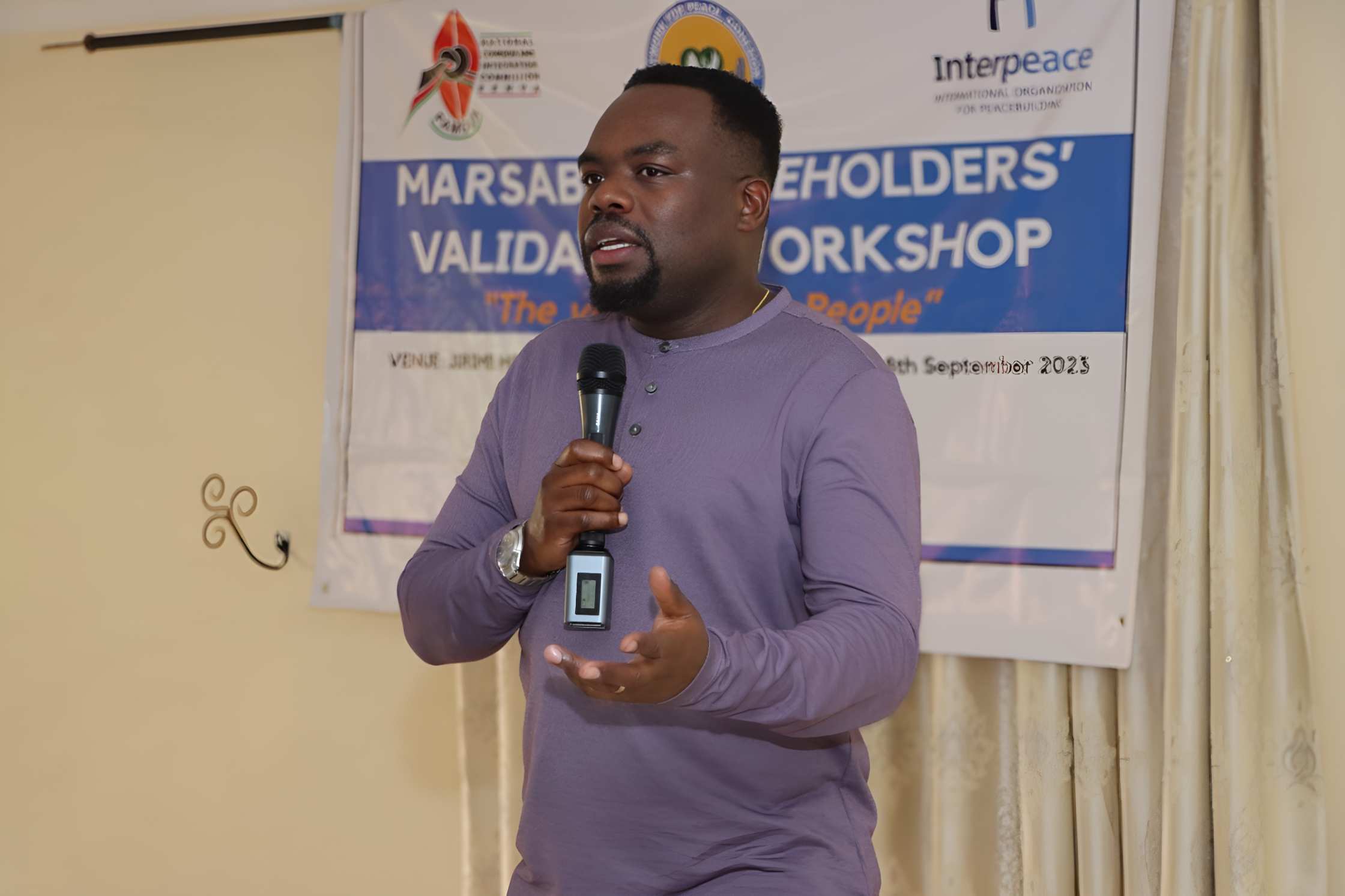NCIC summons Gachagua, probes 10 politicians over hate speech

NCIC commissioner Danvas Makori confirmed Gachagua has been ordered to appear before the commission this week.
The National Cohesion and Integration Commission has summoned former Deputy President Rigathi Gachagua over remarks linking the 2027 elections to possible civil unrest, as it steps up investigations into hate speech and incitement by political leaders.
NCIC commissioner Danvas Makori confirmed Gachagua has been ordered to appear before the commission this week to explain his recent statements warning of violence worse than the 2007 post-election crisis if the 2027 elections are mishandled.
"Following the former Deputy President’s remarks, we have issued summons. This is not harassment — it is a legal process well within our mandate," Makori said.
In a recent interview, Gachagua had said, "I’m saying the mood in the country is such that if the Independent Electoral and Boundaries Commission tries to mess with the election, there will be no country left. The year 2007 will look like a Christmas party."
While Gachagua insists his comments were taken out of context, pressure has been mounting over the statement. The NCIC has declared it will not ignore such remarks.
Makori said Gachagua had earlier been issued a "yellow card" over previous comments about political shareholding.
He now faces what the commission considers a second offence.
"He is supposed to appear this week. We give someone a week to respond. If we determine he has a case to answer, we will take further action," Makori said.
"If you are given a yellow card, the second one is a red card. People say we’re taking sides, but in his case, this is the second yellow, which means a red card," he added.
"If I warn you and you don’t listen, I don’t think I should be gentle next time. We have to be firm. He must serve as an example."
Makori said the crackdown is not politically driven and includes leaders across the board.
"If we allow politicians to keep pushing boundaries and getting away with dangerous rhetoric, we won’t have a country," he said.
"We want to nip it in the bud, and this includes leaders from both sides of the political divide."
At least 10 politicians are now under investigation by the commission over statements it says border on incitement.
The NCIC is especially concerned about rising inflammatory political talk ahead of the 2027 elections.
Among those being watched are Kenya Kwanza allies accused of pushing a narrative that President Ruto must win re-election "no matter what."
"Some people are saying they must win, no matter what. That’s not democracy. Even the President himself has said leadership is decided by the people," Makori said.
He warned that ethnic mobilisation and tribal politics are returning, threatening the peaceful environment seen during the 2022 elections.
"We’ve seen the gains made in 2022 rapidly eroded. Politicians are reverting to tribal kingpin politics and ethnic party lines. This is dangerous for the country's cohesion," he said.
To deal with this, the NCIC is working closely with other agencies, including the police, Directorate of Criminal Investigations, Office of the Director of Public Prosecutions, the Ethics and Anti-Corruption Commission, and the Judiciary.
Makori said police officers have been sent to events with secret recording devices to gather evidence.
"We’re collecting intelligence from across the country. Police officers are dispatched with recording gadgets. Very soon, we will take decisive action," he said.
The commission says it needs Sh1.2 billion to properly run national peace campaigns before the 2027 election.
"The reason we were effective in 2022 was because of support from donor partners. But for how long can we rely on donors for something as critical as national security?" Makori asked.
"We only need Sh1.2 billion to stabilise the country. I don’t think the government can say it cannot afford that for a peaceful election."
